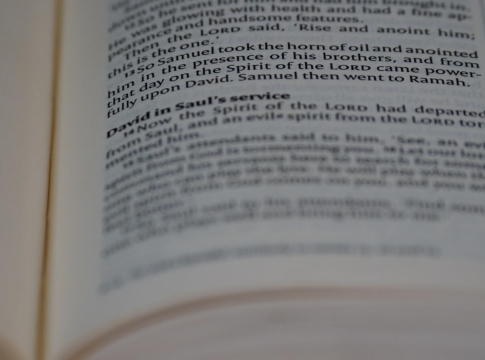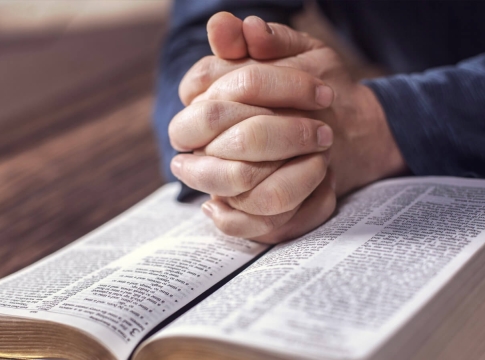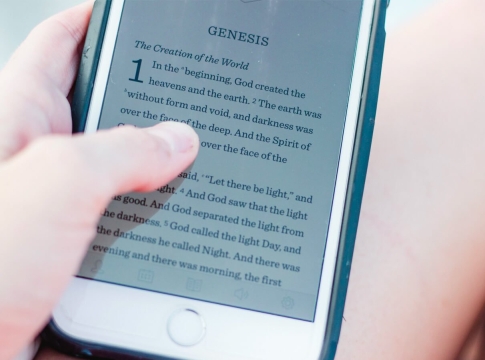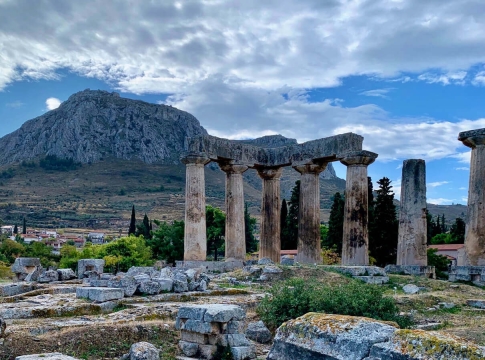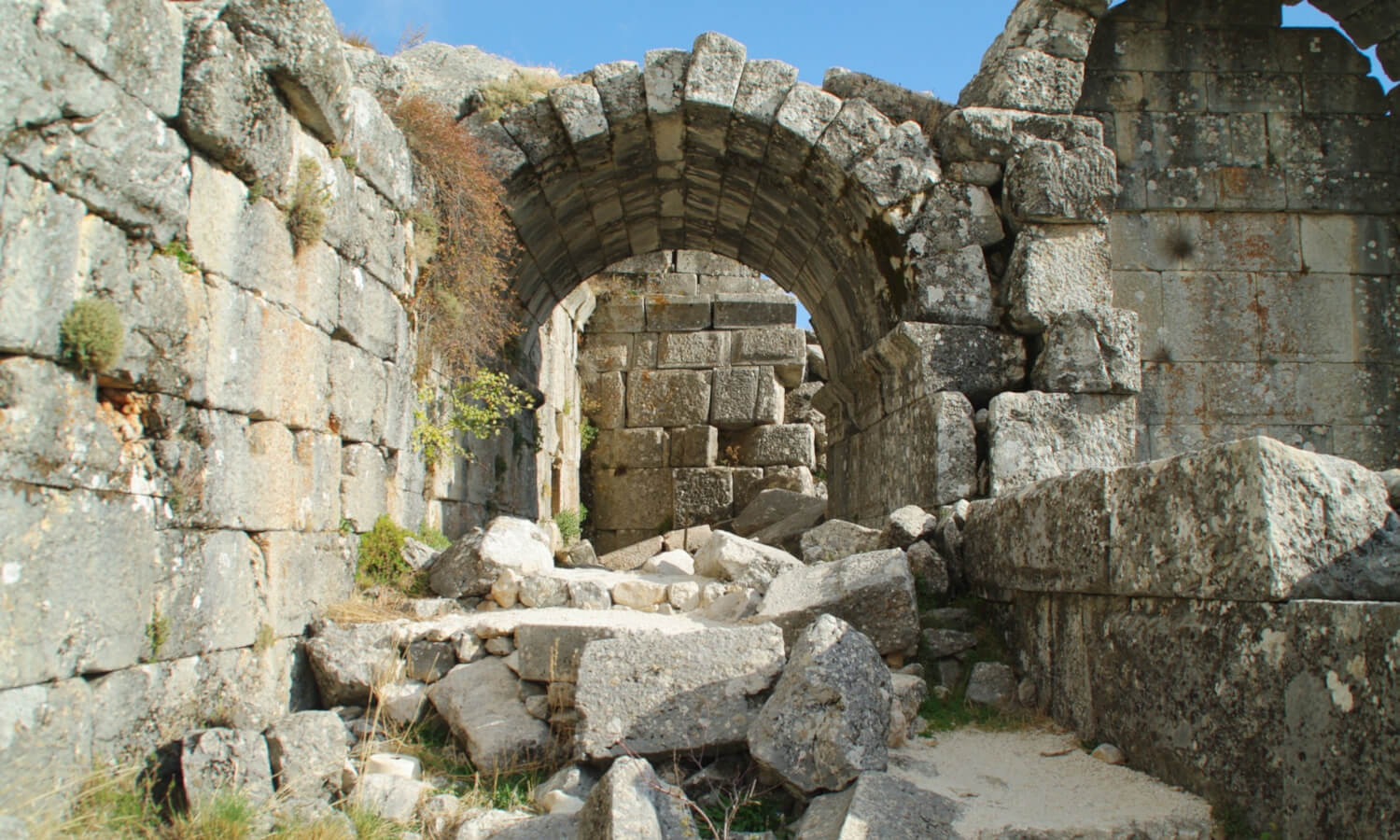
Although the book of Lamentations was written hundreds of years ago by the prophet Jeremiah, the pain depicted in it—particularly in chapters 1, 2, and 4—is strikingly similar to that which the people of Syria and Iraq have experienced recently. Although the circumstances may vary, conflict always has the same results. Since your inquiry concerns the teaching of Lamentations, let’s first examine the events that are connected to its subject matter.
Service to God in decay
From the thirteenth year of King Josiah’s reign until the rule of Josiah’s son, King Zedekiah, Jeremiah prophesied throughout Judah (Jeremiah 1:2-3). Judah’s spiritual state has already deteriorated. Josiah (2 Kings 22–23) started some reforms, but not much truly changed. Every time Jeremiah preached the word of God to the people, he was verbally and physically insulted or threatened with death. Judah’s prophets, priests, officials, kings, and people as a whole rejected God and persisted in their idolatry and immoral behavior (Jeremiah 32:30–35).
The downfall of Judah and Jerusalem
Finally, the time for punishment came. It came in stages through Nebuchadnezzar, the king of Babylon. He invaded Judah in 606 – 607 BC and made King Jehoiakim his vassal. Eight years later, the army of Nebuchadnezzar came again to Jerusalem and besieged the city. The temple was ransacked. Its vessels of gold were taken and cut into pieces. Also, many Hebrews were taken captive to Babylon (2 Kings 24:10-17). Zedekiah was appointed as a puppet king over the ‘poorest sort of the people’ who had not been transported to Babylon. In spite of all that Jeremiah prophesied coming true, King Zedekiah did not listen to him. Instead Zedekiah rebelled against Nebuchadnezzar who came again with his army and besieged Jerusalem for almost eighteen months. There was unimaginable suffering in the city with neither food nor water. Finally the army broke through the walls and the city (including the temple) and its people were mercilessly destroyed (2 Chronicles 36:17).
Lessons through Lamentations
The book of Lamentations is essentially a funeral ballad that portrays the anguish and sorrow surrounding the demise of Jerusalem. The prophet Jeremiah was present when the city of Jerusalem died. There are lessons to be learned from this funeral dirge as well, and we will as we proceed through each chapter.
Chapter 1: The suffering of Jerusalem
Jerusalem, once the greatest city in the world, is now grieving deeply and alone, with no one to console her (1:1-2). “Because of her numerous transgressions, the Lord has caused her sorrow” (1:5).
Lesson: Regardless of our prior achievements, our standing may alter if we behave in a way that offends God. When we sin, we always have to pay a price.
Chapter 2: The Suffering of the Sanctuary
“The Lord has rejected his altar and abandoned his sanctuary” (2:7). The temple was a source of pride for the Israelites. It gave them their identity so when it was destroyed it was as if all was lost. Please note that although it was the Babylonians who destroyed the temple, it was God who did it through them. God gave Moses strict instructions concerning the building of the tabernacle and the regulations concerning worship (Exodus 25 – 40) and Solomon followed the pattern when building the temple (1 Kings 6). Obviously, God was far more concerned with His people’s lives than the material trappings of the temple. Hence, He had His temple destroyed as a part of Judah’s punishment. We note also that God can work through a wicked nation of Babylon to accomplish His purposes (Jeremiah 25:9) and also that everything that happened was a fulfillment of earlier prophecy (Deuteronomy 28).
Lessons:
- Even though our churches are magnificent and have talented musicians and singers on staff, if our lives do not please God, we will ultimately face judgment.
- God is in charge. He has the ability to bring challenging individuals into our lives in order to mold us into the persons He desires us to be.
- Through our understanding of him, God “has given us everything we need for life and godliness.” 1 Peter 2:13. For us to have an abundant life, God has given us His word and His Spirit. Either His path or ours is ours to chose. Judah chose not to follow His path, and we are aware of the consequences.
Chapter 3: The Suffering of Jeremiah
Jeremiah opens out to the reader in this passage. Despite his repeated pleas for the people to repent back to God, prayers for them, and prophecies of their death, he was consistently met with disdain. Even though Jeremiah was persecuted repeatedly (Lamentations 3:1–18), he anticipated a better day. “I will wait for the Lord because he is my portion” (3:24).
Lesson: We should be concerned about God’s people’s well-being. We must be alert and pray whether the church is being persecuted or moving away from moral guidance.
Chapter 4: The Suffering of the Siege
Things got so bad in Jerusalem during the eighteen-month siege. The hunger was so severe that an infant’s tongue stuck to the roof of its mouth (4:4), and caring moms cooked their own children (4:10). However, it was brought about by the transgressions of her priests and prophets (4:13).
Lessons:
- When there is strife in the world, innocent children are frequently the ones who suffer.
- If the leaders in our church are not those whom God directs (1 Timothy 3), the church will be led astray and will face judgment.
Chapter 5: Judah Repents
Judah exclaims, “Woe to us, for we have sinned!” (5:16). Judah admits that she has been degraded. The everlasting God is her only source of hope. “Restore us to yourself, O Lord, that we may return; renew our days as of old,” is the prayer prayed as a result (5:21).
Everyone who turns to our God in repentance is forgiven by Him. When the people went back to Jerusalem years later, the temple was restored. But before then, the Jews had a lot of difficult (but important) things to learn.
Lesson: We shall lose out on God’s blessings if we stray away from Him. But He is quick to pardon us if we turn from our sins. But why endure all that unnecessary suffering? Never let us lose sight of God!

